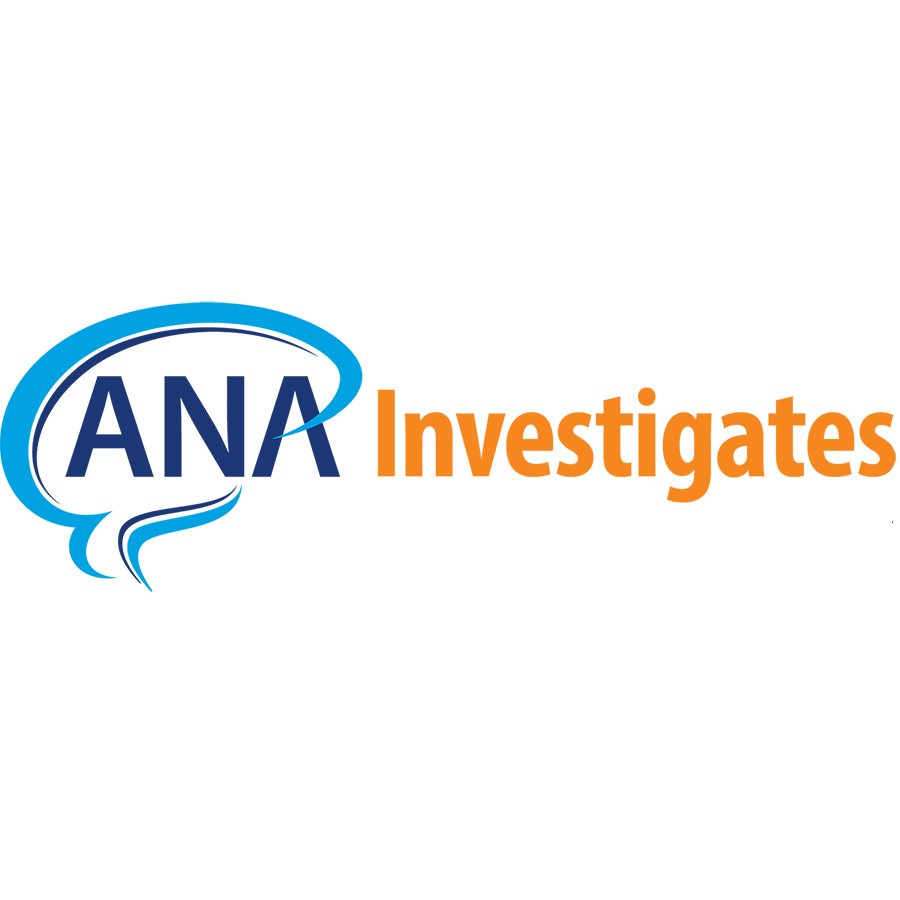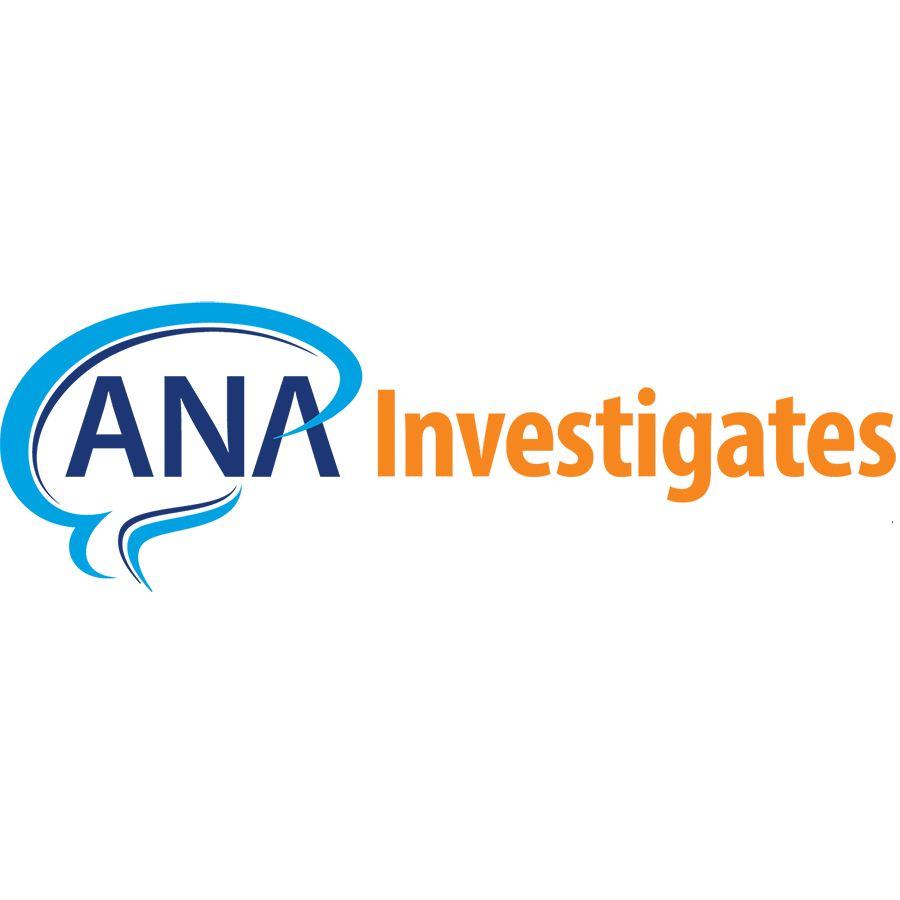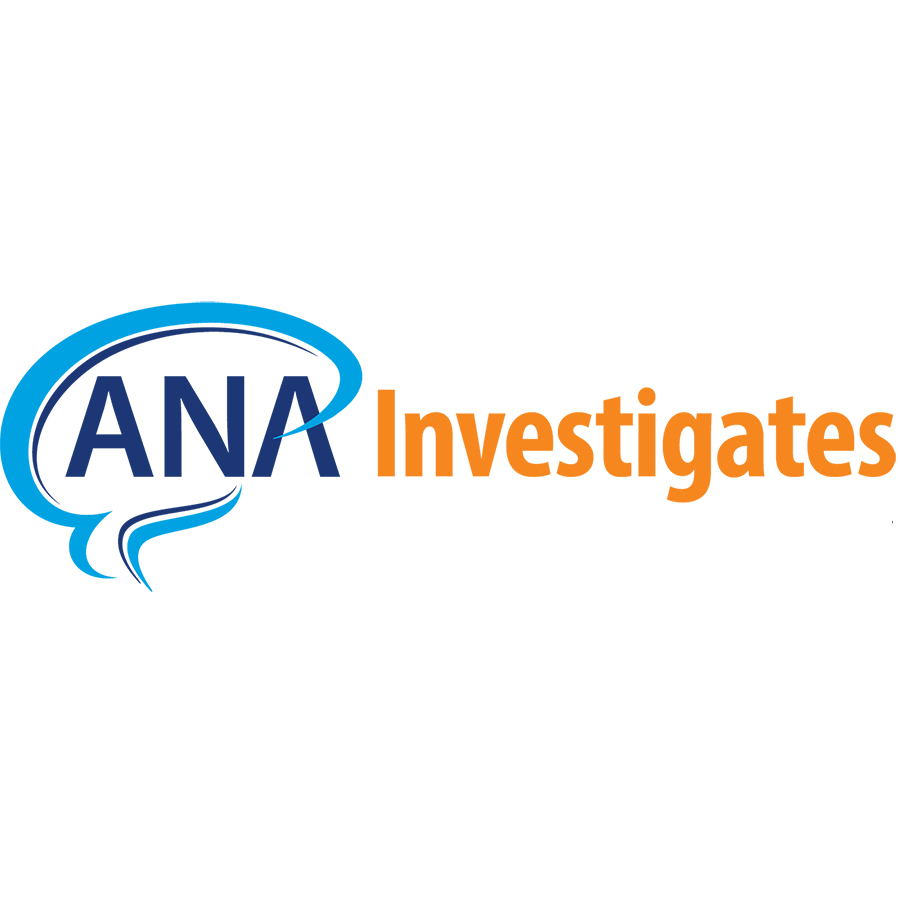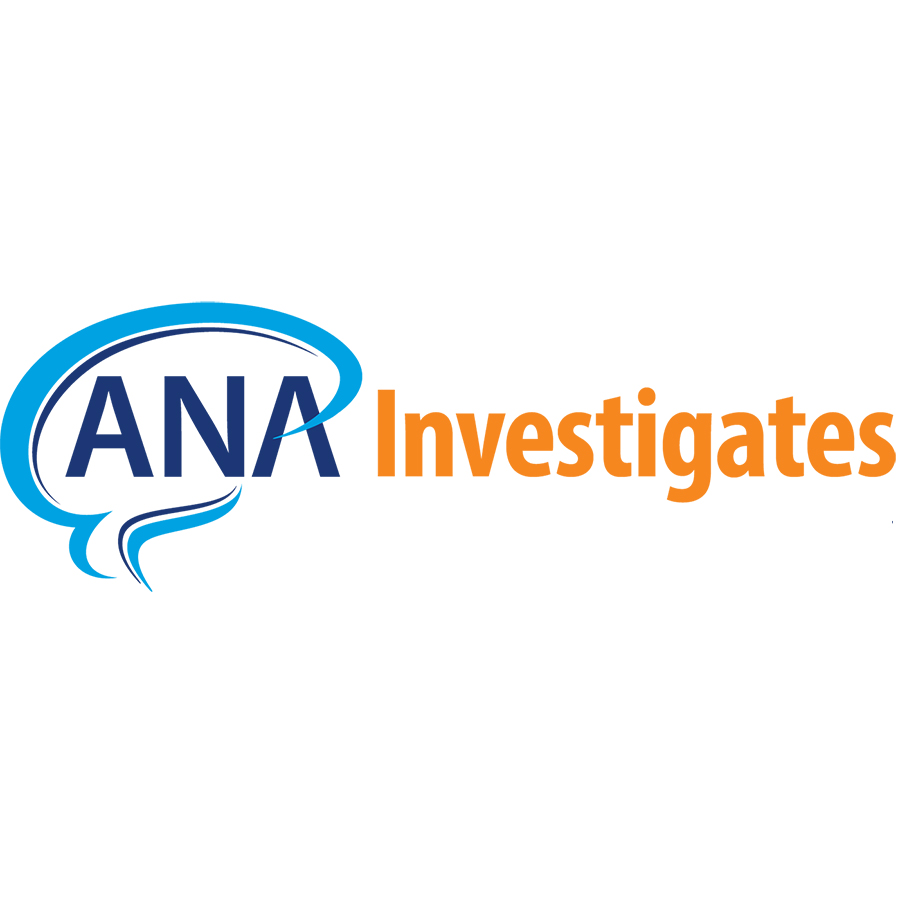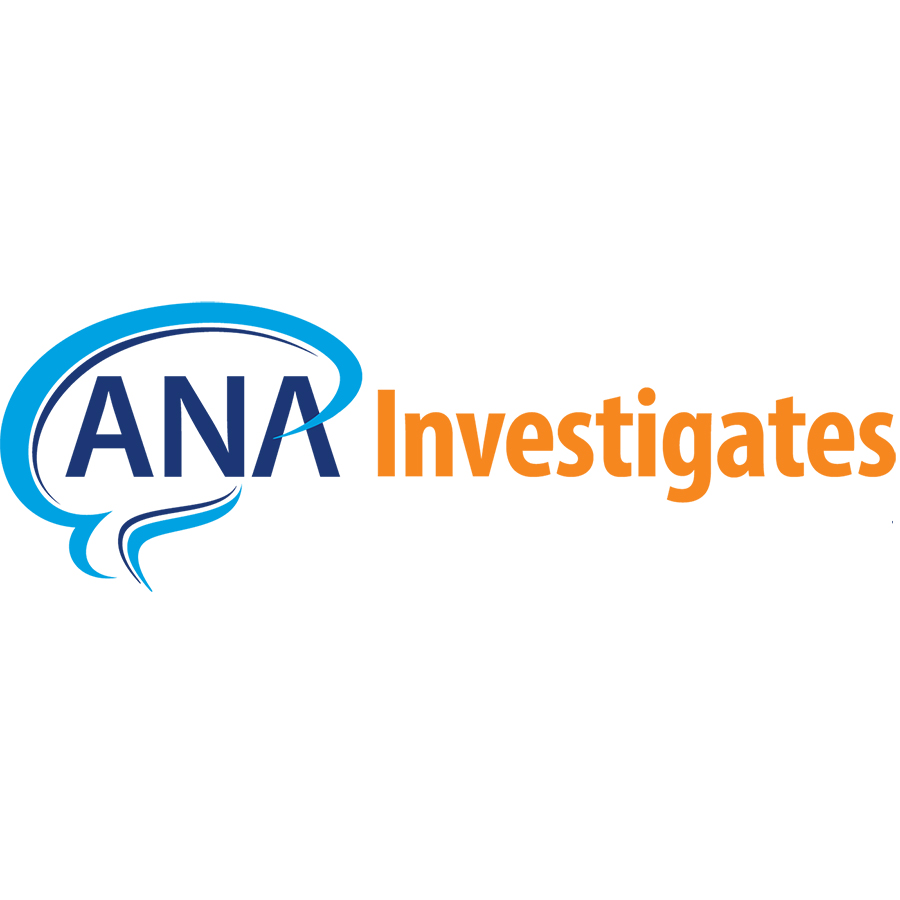Discover ANA Investigates
ANA Investigates

ANA Investigates
Author: American Neurological Association
Subscribed: 34Played: 332Subscribe
Share
© Copyright American Neurological Association - all rights reserved
Description
At a time when support for basic and translational science needs a strong voice and the burden of neurological disease is growing, the ANA is the champion of neurological research and the ally of all physicians and scientists who strive to make a difference through careers that combine discovery, education, and clinical care.
From advances in stroke and dementia to movement disorders and epilepsy, the American Neurological Association has been at the forefront of research and practice since 1875 as the premier professional society of academic neurologists and neuroscientists devoted to understanding and treating diseases of the nervous system.
From advances in stroke and dementia to movement disorders and epilepsy, the American Neurological Association has been at the forefront of research and practice since 1875 as the premier professional society of academic neurologists and neuroscientists devoted to understanding and treating diseases of the nervous system.
76 Episodes
Reverse
Today, we'll talk with one of the true giants of stroke neurology - Dr. Louis Caplan, Professor of Neurology at Harvard Medical School and Senior Neurologist at Beth Israel Deaconess Medical Center. For decades, Dr. Caplan has shaped how we think about stroke. He's authored an enormous body of work -- landmark papers, books, and clinical descriptions that have changed how neurologists around the world recognize and classify strokes. But today, rather than revisiting the past, we'll ask how he sees the future - of stroke, clinical reasoning in an era of AI, and of medicine itself. Dr. Caplan was interviewed by Dr. Sarah Nelson, neurointensivist and Assistant Professor of Neurology at Tufts Medical Center. Series 7, Episode 2 Disclosures: None
This is episode, we'll look at a national effort to advance clinical research and patient care through artificial intelligence. AI depends on data that are large, diverse, and well-labeled -- in contrast, most clinical data are siloed, inconsistent, and biased toward certain populations. The CHoRUS Network, part of the NIH's Bridge2AI consortium, is standardizing and harmonizing data from many hospitals so they can actually be used for training machine-learning models. Dr. Eric Rosenthal is Contact PI for the CHoRUS Network, Associate Professor at Harvard Medical School, and an epileptologist, clinical neurophysiologist, and neurointensivist at Mass General Brigham. He was interviewed about CHoRUS by Dr. Masoom Desai, neurointensivist at the University of New Mexico and site PI for the CHoRUS Network. Series 7, Episode 1 Disclosures: Dr. Desai disclosed: PI- MAPS-ABI locally funded by CBRR, UNMHSC, Site PI for RAISE, RESET, SAFER-EEG, KeSETT, SHINKEI-TBI trials, Site PI for CHoRUS, Bridge2AI, Site co-PI for ICECAP and Post-ICECAP. Dr. Rosenthal disclosed: Committee service on Bridge to AI and the Curing Coma Campaign
The American Neurological Association's 150th Annual Meeting held in Baltimore September 13-16, 2025 was a milestone meeting celebrating 150 years of progress, discovery, advances in science, and the remarkable work of academic neurologists and neuroscientists over the past century and a half. The meeting—ANA2025—featured outstanding plenary sessions, professional development workshops, interactive lunch workshops, special interest groups, cross-cutting special interest groups, the celebrated poster hall, satellite symposia, and several opportunities to network and connect with colleagues and friends. Dr. Michelle Johansen of Johns Hopkins University School of Medicine, immediate past chair of the ANA Education Innovation Committee, engaged with meeting attendees to learn more about their experience at ANA2025 and what they think about the ANA. Listen in as meeting attendees share their insights, meeting highlights, and enthusiasm for the ANA during Dr. Johansen's boots on the ground interactions with them. From the Presidential Symposium to the closing sessions, learn about ANA2025, the science and research shared, and the reactions of those who were in Baltimore to experience it.
Tune into the latest podcast from the American Neurological Association (ANA), ANA Investigates: 75 Years of NINDS. This year marks the 75th anniversary of the National Institute of Neurological Disorders and Stroke (NINDS)—an opportunity to reflect on the institute's past achievements and look ahead to the future of neurological research. This month, ANA Investigates welcomes Dr. Walter Koroshetz, Director of NINDS, in conversation with Dr. Adeline Goss, Neurohospitalist at Highland Hospital. Dr. Koroshetz joined the institute in 2007 as Deputy Director and became Director in 2015. Before joining the NINDS, he served as Vice Chair of Neurology, Director of Stroke and Neurointensive Care Services at Massachusetts General Hospital, and neurologist in the MGH Huntington's Disease Clinic. Tune in as they discuss highlights from the NINDS's 75-year history and explore what lies ahead for neurological research and innovation. Guest: Walter J. Koroshetz, MD, FANA Director National Institute of Neurological Disorders and Stroke Interviewer: Adeline Goss, MD Neurohospitalist Highland Hospital Disclosures: None
Today we'll focus on a major shift in the treatment of myasthenia gravis -- as a wave of new therapies is changing how we treat this disease. Who should be considered for these new treatments? And what else is in the pipeline? Our guest today is Dr. Gil Wolfe, a neuromuscular neurologist at the University of Buffalo State University of New York, Jacob School of Medicine and Biomedical Sciences. Dr. Wolfe was interviewed by Dr. Ioannis Karakis, adjunct professor of neurology at Emory University School of Medicine. References: https://www.nature.com/articles/s41598-024-79918-7 Disclosures: Dr. Wolfe discloses: Consultant for: Alexion, Argenx, BPL, Cartesian, Canopy, Grifols, Johnson & Johnson, Takeda, UCB; Speaker Bureau for: Grifols, Alexion, UCB; Grant/Research support from: ArgenX, Ra/UCB, Immunovant, Roche, Alexion, Sanofi
Climate change is no longer a distant worry—it's showing up in neurology clinics across the US, from Lyme meningitis in the Midwest to worsening migraines during heat waves, climate-linked and vector-borne neurological conditions are entering the differential. Our guests today are two experts on climate change and neurological health: Dr. Beth Malow, Professor of Neurology and Pediatrics at Vanderbilt University Medical Center, and Dr. Monica Diaz, Assistant Professor of Neurology at the University of North Carolina at Chapel Hill. They'll explore the clinical impact of climate change on neurology, and how neurologists can adapt through patient care, advocacy, and research. Drs. Malow and Diaz were interviewed by Dr. Sara Stern-Nezer, Associate Professor of Neurology at the University of California, Irvine. Interviewer: Dr. Sara Stern-Nezer, Associate Professor of Neurology at the University of California, Irvine Guests: Dr. Beth Ann Malow, Professor of Neurology and Pediatrics at Vanderbilt University Medical Center, and Dr. Monica Diaz, Assistant Professor of Neurology at the University of North Carolina at Chapel Hill Disclosure: Dr. Malow serves as a consultant for Neurim Pharmaceuticals. Resources: Neurologists Interested in Climate and Health (NICHE) Climate Change and Brain Health: What Do We Know and What Can We Do? http://nichebrainhealth.com/what-we-can-do/
Restless leg syndrome is a common movement and sleep disorder affecting 2-3% of the population. Certain neurologic disorders are associated with a higher incidence, and neuropsychiatric medications prescribed by neurologists and psychiatrists often exacerbate these symptoms. In January, the American Academy of Sleep Medicine published updated guidelines for the evaluation and treatment of RLS. The recommendations shifted from recommending the use of dopamine agonists, to prioritizing iron evaluation and supplementation, alpha-2-delta ligands (gabapentin, gabapentin enacarbil, pregabalin), and recommending against the long-term use of dopamine agonists. The guidelines also recommend opiates for moderate-severe medication refractory RLS. Dr. Winkleman is a Professor of Psychiatry at Harvard Medical School and chief of the Sleep Disorders Clinical Research Program in the Department of Psychiatry at Massachusetts General Hospital. He is the first-author on the new guidelines, and is here to discuss these changes and what is needed to effectively change practice. He is interviewed by Dr. Kara Wyant, Clinical Assistant Professor of Neurology, University of Michigan Medical School. RLS Curbside
Look around you right now and think for a minute about all of the things you're exposed to: the coffee you're drinking, the mug holding the coffee you're drinking, the soap that mug was washed in, the sleep you got last night -- or didn't get. All of this is part of what we now call your exposome. And as we're learning, the neural exposome influences our risk of developing a range of neurologic diseases. Our guest today is Dr. Eva Feldman, the James W Albers Distinguished University Professor and the Russell N. De Young professor of neurology and neurosurgery at the University of Michigan. She'll talk to us about research on the neural exposome in neurodegenerative disease -- and what we should be telling patients and policymakers about this research. Dr. Feldman was interviewed by Dr. Vinita Acharya, Professor of Neurology and Distinguished Educator at Penn State College of Medicine. Guest: Dr. Eva Feldman, the James W Albers Distinguished University Professor and the Russell N. De Young professor of neurology and neurosurgery at the University of Michigan - https://medicine.umich.edu/dept/mni/eva-feldman-md-phd Interviewer: Dr. Vinita Acharya, Professor of Neurology and Distinguished Educator at Penn State College of Medicine Disclosures: None
Neurologists bring an important perspective to health policy. But few have formal training in how to advocate for patients at a state or national level. Our guest today, Dr. Kara Stavros, is an associate professor of neurology at The Warren Alpert Medical School of Brown University and the President of the Rhode Island Medical Society. She's also a self-described advocate, who's found a number of ways to speak up for her patients and influence health policy. Dr. Stavros spoke about her path to advocacy with Dr. Sarah Nelson, Assistant Professor of Neurology at Tufts Medical Center. Guest: Dr. Kara Stavros, associate professor of neurology at The Warren Alpert Medical School of Brown University and the President of the Rhode Island Medical Society Interviewer: Dr. Sarah Nelson, Assistant Professor of Neurology at Tufts Medical Center Disclosures: None
Parkinson's Disease has long been a clinical diagnosis. But recently, there have been proposals to redefine the disease based on biomarkers of alpha-synucleinopathy and dopaminergic dysfunction. A similar shift has already occurred in Alzheimer disease, with the "amyloid, tau, and neurodegeneration," or ATN, classification system. Our guest today, Michael Okun, is is Professor of Neurology and Director of the Norman Fixel Institute for Neurological Diseases at the University of Florida and medical advisor for the Parkinson's Foundation. He co-authored an op-ed in JAMA last summer in JAMA arguing that there would be benefits to a biological definition of Parkinson's - but there would also be risks. He'll unpack both sides of this debate today with Dr. Christine Doss Esper, Associate Professor of Neurology at Emory University. Series 6, Episode 5 Featuring: Guest: Dr. Michael Okun, is Professor of Neurology and Director of the Norman Fixel Institute for Neurological Diseases at the University of Florida and medical advisor for the Parkinson's Foundation Interviewer: Dr. Christine Doss Esper, Associate Professor of Neurology at Emory University Disclosures: None
We all know that atrial fibrillation is associated with increased risk of stroke. But new research suggests that how we define afib -- and the timing and duration of the arrhythmia -- may be important for how we manage it in stroke patients. Luciano Sposato is a Professor of Neurology and Head of the Stroke Program at Western University in Ontario. He'll talk to Christoph Stretz, vascular neurologist at Brown University, about the latest research into afib and aflutter after stroke -- and how this research might impact current clinical practice. Series 6, Episode 4 Featuring: Guest: Dr. Luciano Sposato, Professor of Neurology and Head of the Stroke Program at Western University in Ontario & Interviewer: Christoph Stretz, vascular neurologist at Brown University Disclosures: Dr. Sposato disclosed consulting fees and honoraria from Bayer, Boehringer Ingelheim, Pfizer, Gore, Astrazeneca, and Simcere.
Dementia is a global issue, with two-thirds of people with dementia living in low- and middle- income countries. Despite this, dementia research continues to focus on patients in high-income countries. Our guest on this episode, Dr. Riadh Gouider, is working to correct this imbalance. Dr. Gouider is the Head of the Department of Neurology and the Alzheimer Center at Razi Hospital in Tunisia and an advisor on the latest WHO Global Action Plan on the public health response to dementia. He spoke with Dr. Jayant Acharya, Professor and Chair of Neurology at Southern Illinois University School of Medicine -- about challenges, and opportunities, for dementia research across the globe. Series 6, Episode 3 Featuring: Dr. Riadh Gouider, Head of the Department of Neurology and the Alzheimer Center at Razi Hospital in Tunisia & Dr. Jayant Acharya, Professor and Chair of Neurology at Southern Illinois University School of Medicine. Disclosures: None Below are the links to the publications discussed during this episode. Lancet Commission on Dementia: https://www.thelancet.com/commissions/dementia-prevention-intervention-care WHO Global Action Plan on Dementia: https://www.who.int/publications/i/item/global-action-plan-on-the-public-health-response-to-dementia-2017---2025
It used to be that surgery for medically refractory epilepsy was big, open and invasive, a treatment of last resort. The landscape has changed in recent decades, with more and more minimally invasive surgical approaches being developed. So what does this mean for the average patient with medically refractory epilepsy? Our guest today is Dr. Jon Willie, Associate Professor, Department of Neurological Surgery, Washington University School of Medicine in St. Louis. He speaks with Dr. Ionnis Karakis, Epileptologist and Adjunct Professor of Neurology at Emory University, about the new landscape of epilepsy surgery. Series 6, Episode 2 Featuring: Guest: Jon T. Willie, MD, PhD, FAANS, Associate Professor, Department of Neurological Surgery, Washington University School of Medicine, St. Louis, Missouri Interviewer: Ioannis Karakis, MD, PhD, MSc., Epileptologist and Adjunct Professor of Neurology at Emory University Disclosures: Dr. Karakis disclosed that he is a consultant for USB, GSK, Ceribell, and Epitel. Dr. Willie disclosed Consulting for Clearpoint, Inc, AiM Medical Robotics, Inc., and Fortec Medical, Inc.; Contracted Research with Abbott, Inc., Neurona, Inc., and Neuropace, Inc.; and Honoraria from Medtronic, Inc.
Until recently, the Glymphatic System was a neglected corner of neuroscience. Now it's increasingly clear that the brain's system for the flow of fluid, nutrients, and waste plays an important role in sleep and brain disease. With glymphatics in the spotlight, researchers are coming up with innovative ways to study this slow, constant flow of cerebrospinal fluid throughout the brain. Dr. Daniel Claassen is a Professor of Neurology and Chief of the Behavioral and Cognitive Neurology Division at Vanderbilt University, who researches the glymphatic system in humans. He'll talk about new directions in glymphatics research with Dr. Cheran Elangovan, a Vascular Neurologist at the University of Tennessee Health Science Center. Series 6, Episode 1 Featuring: Guest: Dr. Daniel Claassen is a Professor of Neurology and Chief of the Behavioral and Cognitive Neurology Division at Vanderbilt University Interviewer: Dr. Cheran Elangovan, a Vascular Neurologist at the University of Tennessee Health Science Center Disclosures: No relationships
Just last week, we wrapped up another exciting annual meeting of the American Neurological Association, ANA2024. Right before we packed up to head home, the President of the American Neurological Association, Dr. Betsy Ross, sat down with Dr. Allison Willis, the 2024 chair of the ANA's Annual Meeting Programming Committee, to reflect on some of the highlights of this year's meeting. Series 5, Episode 12 Featuring: Guest: Dr. Allison Willis, the 2024 chair of the ANA's Annual Meeting Programming Committee Interviewer: Dr. Betsy Ross, President of the American Neurological Association - Producer: Dr. Michelle Johansen, chair of the ANA's Education Innovation Committee Disclosures: None
Listen as Dr. Adeline Goss, Associate Chief of Neurology at Highland Hospital, discusses the groundbreaking potential of psychedelics in neurology with Dr. Steve Zeiler, a Vascular Neurologist and Associate Professor at Johns Hopkins, and Dr. Ghul Dölen, a Professor of Psychology and Neuroscience at UC Berkeley. The conversation explores the newfound excitement surrounding psychedelics like MDMA, LSD, and psilocybin for treating mood disorders like depression and neurologic conditions such as stroke recovery. The experts also delve into research showing psychedelics' ability to reopen critical periods in the brain, potentially revolutionizing therapeutic approaches for a range of neurologic and psychiatric conditions. Series 5, Episode 11 Featuring: Guests: Dr. Steve Zeiler, a Vascular Neurologist and Associate Professor at Johns Hopkins, and Dr. Ghul Dölen, a Professor of Psychology and Neuroscience at UC Berkeley Interviewer: Dr. Adeline Goss, host & executive producer of ANA Investigates and Associate Chief of Neurology at Highland Hospital Disclosures: Dr. Dolen & Zeiler share a patent on their work in psychdelics and rehab. Dr. Zeiler also reports research funding from Harmon and EVER Pharma.
AI is everywhere, whether you are a fan of it or not. This month, join us for a deep dive into the AI revolution with our guest Dr. Ethan Mollick, professor at The Wharton School at the University of Pennsylvania and author of the New York Times bestseller, "Co-Intelligence." Discover how this AI revolution stands apart from past technological advancements and how it is transforming academic research. Ethan was interviewed for this episode by Dr. Zach London, an Associate Professor at the University of Michigan Medical School.
There has been tremendous progress in recent decades in the management of ischemic strokes. Meanwhile, hemorrhagic strokes have stubbornly resisted this progress. Interventions for these types of strokes have failed again and again to show a benefit over standard medical management, until this year. The recently published ENRICH trial is the first to show that minimally invasive neurosurgery may improve functional outcomes for patients with hemorrhagic stroke. Study lead author, Dr. Gustavo Pradilla joins us today to talk about the differences between ENRICH and previous negative trials, and future neurosurgical approaches for spontaneous intracerebral hemorrhage. Dr. Pradilla is a Professor of Neurosurgery, Otolaryngology, and Head and Neck Surgery at Emory University School of Medicine and Chief of Neurosurgery at Grady Memorial Hospital. He spoke to Dr. Masoom J. Desai, neurointensivist and Assistant Professor of Neurology at the University of New Mexico. Series 5, Episode 9 Featuring: Guest: Dr. Gustavo Pradilla, Emory University School of Medicine & Grady Memorial Hospital Interviewer: Dr. Masoom Desai, University of New Mexico
2024 has been a year of exciting trials on minimally invasive techniques in intracranial hemorrhage. This month we're focusing on Chronic Subdural Hematoma, where a minimally invasive strategy called Middle Meningeal Artery (MMA) Embolization is offering expanded treatment options for select patients. Dr. Chris Kellner is a cerebrovascular neurosurgeon and associate professor of neurosurgery at Mount Sinai. He'll talk about the promise of MMA embolization with Dr. Sarah Nelson, neurointensivist and neurohospitalist at Tufts Medical Center. We'll have more on these trials on the podcast in our June episode as well, with a focus next month on Minimally Invasive Techniques in Spontaneous Intracerebral Hemorrhage. Series 5, Episode 8 Featuring: Guest: Dr. Chris Kellner, a cerebrovascular neurosurgeon from Mount Sinai Interviewer: Dr. Sarah Nelson, a neurointensivist and neurohospitalist at Tufts Medical Center Disclosures: Dr. Kellner is the PI for two studies discussed during the podcast funding was received from Medtronic and Cerenovus.
Football fans may remember in January 2023 when Damar Hamlin, a player for the Buffalo Bills, suffered a cardiac arrest and collapsed on the field during a game on live television. He had a remarkable neurologic recovery, prompting us to focus our podcast that month on the need to avoid nihilism when we prognosticate after cardiac arrest. But what is the right balance between pessimism and optimism? Today, we'll hear from Dr. Karen Hirsch, neuro intensivist and associate professor of neurology at Stanford, about finding the Goldilocks zone in neuro prognostication after cardiac arrest. Dr. Hirsch was interviewed by Dr. Sarah Stern-Nezer, vascular neurologist and neuro intensivist at UC Irvine. Series 5, Episode 7 Featuring: Guest: Dr. Karen Hirsch, Stanford Health Care Interviewer: Dr. Sara Stern-Nezer, University of California, Irvine Disclosures: None


